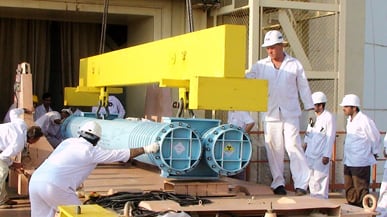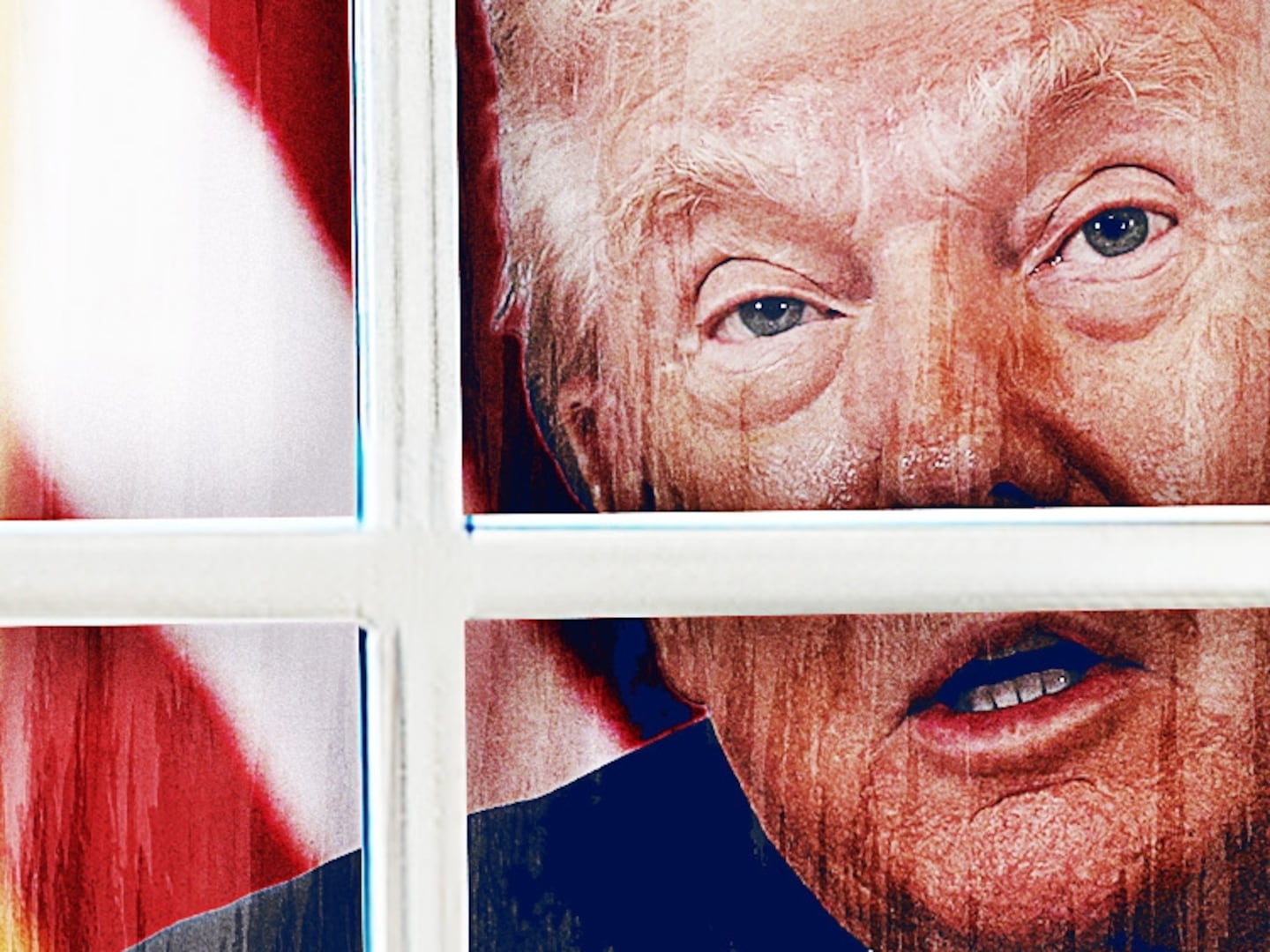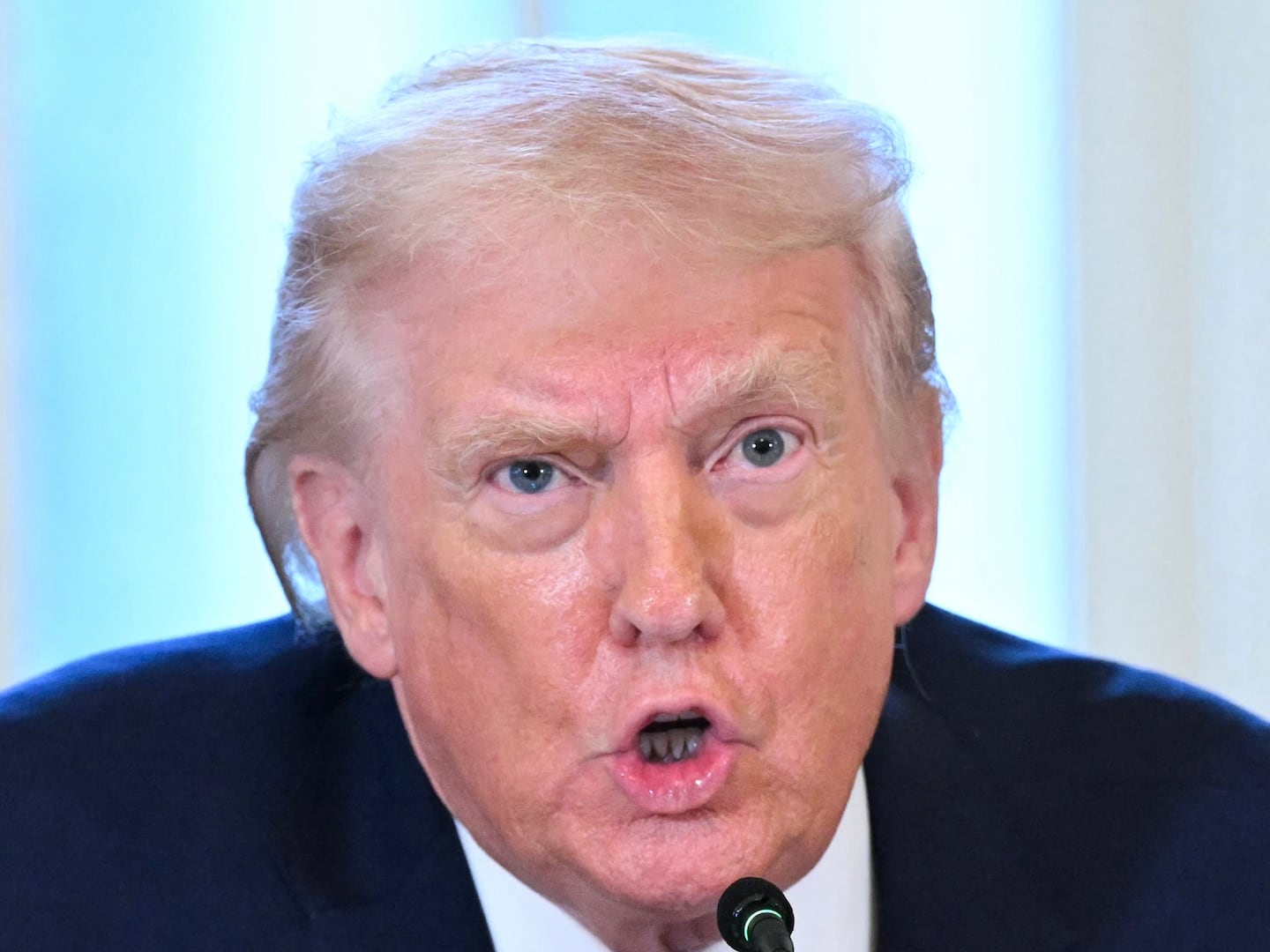The State Department is refusing to block U.N. nuclear technology aid to countries that are on the U.S. list of state sponsors of terrorism, including Mahmoud Ahmadinejad’s regime.

The reason, says Hillary Clinton’s department, is that such a clampdown would hinder other countries that have nothing to do with terrorism.
The U.S. provides $20 million a year to help finance the International Atomic Energy Agency, which promotes peaceful use of nuclear energy. But some IAEA funds have gone to countries that could potentially use nuclear technology to build weapons, the Government Accountability Office warns in a new report.
Neither the State Department nor the IAEA have sought to limit the so-called technical cooperation aid to terror-linked nations such as Iran, Sudan, Syria, and Cuba, or countries that are not party to the Non-Proliferation Treaty, such as India, Israel, and Pakistan, the congressional watchdog says.
The former head of the program told investigators that requests for technical assistance are evaluated strictly on technical merits, thwarting efforts to assess national-security concerns.
“State officials told us that the U.S. did not systematically try to limit TC projects in Cuba, Iran, Sudan, and Syria—which the department designated as sponsors of terrorism,” the report says. “These four countries received more than $55 million in TC assistance from 1997 through 2007.”
During the same time frame, India, Israel, and Pakistan received $24.6 million in technical assistance, even though none is a party to the Non-Proliferation Treaty.
Nuclear equipment and technology, even if geared toward peaceful purposes, also can be used to develop nuclear weapons. Yet the former head of the TC program told the investigators that requests for technical assistance are evaluated strictly on technical merits, thereby thwarting efforts to assess national-security concerns.
The GAO has suggested repeatedly that the State Department withhold the U.S. contribution to IAEA that would go to countries accused of aiding terrorists.
“The United States has applied several types of sanctions limiting foreign assistance and trade to states it has designated as sponsors of terrorism and to other countries. To avoid the appearance of an inconsistent approach and to foster greater cohesion in U.S. policy toward such nations, we believe that it is fair for Congress to consider requiring State to withhold a share of the U.S. contribution,” the GAO says.
Withholding funds would undermine the Obama administration’s ability to convince other member countries to contribute to the fund, and since the funding is not traced to specific projects, it would punish all recipients in the program, the State Department said in response.
The IAEA provides minimal information on project proposals, usually just project titles, which further hinders efforts by the Energy Department to assess the risk of proliferation in countries requesting assistance.
Laurel Adams is the James R. Soles Fellow at the Center for Public Integrity. She graduated cum laude from the University of Delaware in May 2010 with majors in international relations, Spanish, and Latin American studies. She interned at Voices Without Borders in Wilmington, Del., and the British Embassy in Washington, D.C.






